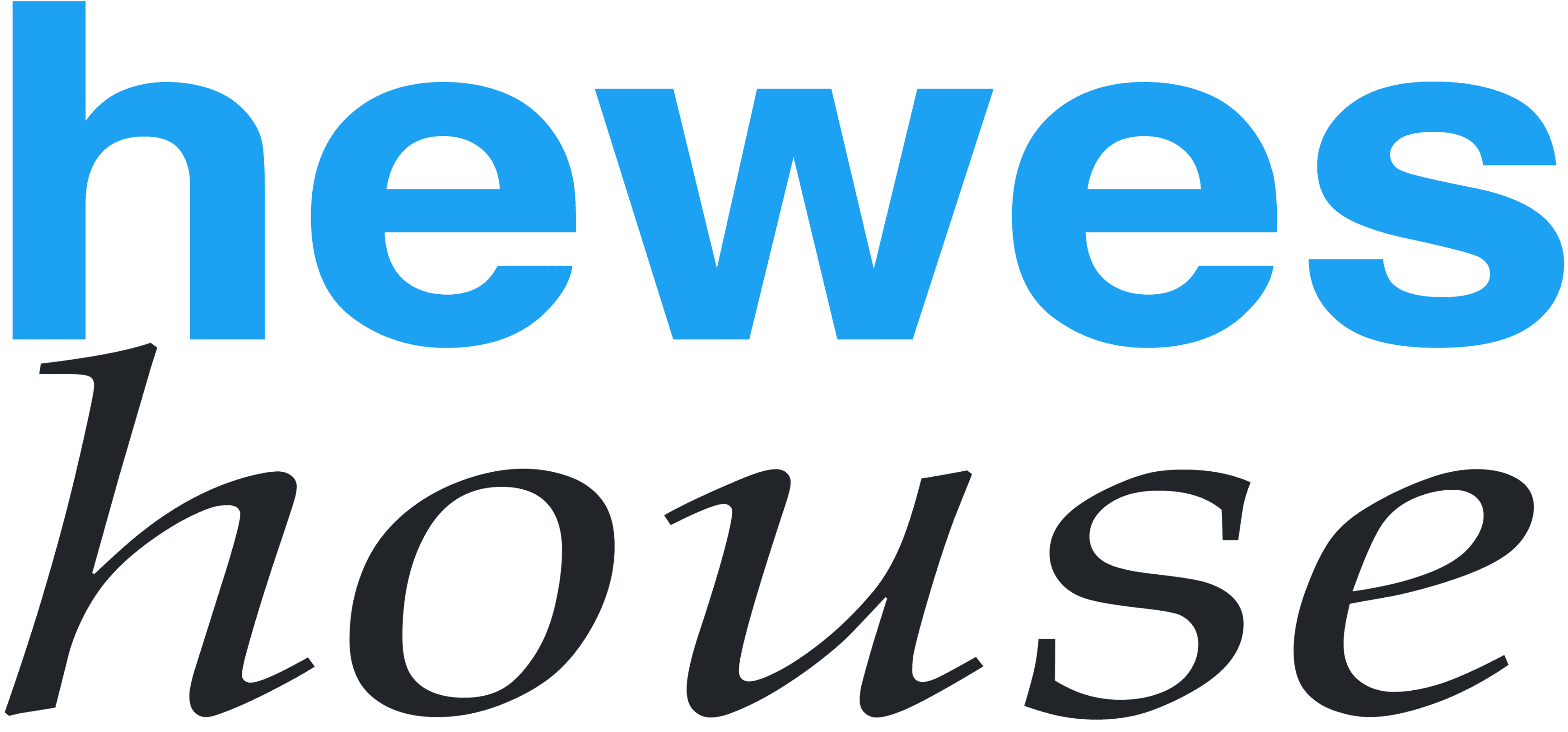Beyond How to Write a Query: Unlock Your Story's Essence
Sep 2, 2025
Why Query Letter Help Isn’t Really About the Letter
If you’re searching for query letter help and wondering how to write a query letter that truly represents your work, you’re about to uncover something surprising. Nearly every writer I’ve spoken with admits that the query letter is their least favorite part of the publishing process. Not only is there the risk of rejection, but in today’s industry, silence—ghosting—is often more common than a reply.
Here’s the twist: while countless podcasts, articles, and webinars exist on how to write a query letter, the real value isn’t in the mechanics of the letter itself. The magic lies in how the process can unlock a deeper understanding of what you’ve written.
That said, don’t start worrying about your query before you have a complete draft of your book. If you jump in too early, you’ll only set yourself up for disappointment. But once the draft is finished, the query process can transform into something inspiring. With so many strong examples available online, you can begin to see your own story clearly. The challenge—and thrill—comes from discovering the four or five sentences that truly hook a reader and represent your book as a whole.
This is where story synopsis writing stops being just a publishing requirement and becomes a treasure hunt. A query distills your book into a sharp, brilliant logline that can reveal the “big picture magic” you may have lost sight of while immersed in months of drafting.
When Your Story Synopsis Becomes Your Story Compass
Writing jacket copy or a one-paragraph synopsis can feel daunting. Reading your summary aloud to others is often uncomfortable but invaluable: their reactions will tell you whether your description genuinely reflects your work. It’s never easy to shrink a sprawling story into a few sentences, but once you succeed, it feels like finding the key that unlocks everything.
One of the most rewarding benefits of the query letter exercise, even if you never send it to agents, is that it forces you to uncover the essence of your project. Amid side plots, subthemes, and secondary characters, what remains when you boil the story down? What brilliant truth is at its core?
This is why professional book coaching services often start with this kind of work. Developmental editing begins by testing how clearly an author can articulate their story’s heart. A query letter may be formulaic, a single page that pitches you and your book, but it contains powerful tools: comparative titles that place your project in context, a synopsis that highlights the hook, and details such as word count, genre, and completion status.
Each of these elements pushes you to consider your book from fresh angles. Who are you as an author? What genre conventions do you embrace—or subvert? Which published works resonate with yours? What central conflict propels your story forward?
The Uncomfortable Truth About Story Clarity
Once you begin tackling how to write a query letter, the process becomes thrilling. Identifying the four sentences that make your plot shine is about discovering what makes your story compelling.
Here’s the uncomfortable truth: the difficulty you feel is not a problem; it’s the point. The most valuable part of writing a query isn’t sending it to agents. It’s that electrifying moment when you realize you can’t yet explain your book in a clear, engaging way. It tells you there’s more to unearth, not in endless rewriting, but in clarifying the story you’ve already created.
Writing a synopsis forces you to identify which threads are essential and which are distractions. You’ll see which themes are central and which are side quests. You’ll know whether your protagonist’s journey is strong and purposeful—or whether they’re simply drifting through events. Every insight sharpens your story.
In other words, learning how to write a query letter doubles as an unexpected form of manuscript development. The process distills your draft into its essence, teaching you something vital about your story that is easy to forget during the long, immersive months of writing.
From Query Letter Help to Story Discovery
Whether you’re seeking query letter help or full book coaching, the real gift of this process is clarity. If you can’t yet summarize your novel in three compelling paragraphs, you’re not broken—you’re simply at the beginning of a fascinating discovery. And that’s where the magic lies.
At Hewes House, we specialize in developmental editing and book coaching that helps writers embrace this process with curiosity rather than dread. Our work goes beyond surface-level fixes to help you uncover and celebrate the heart of your story. Whether you’re ready to refine your query, explore story synopsis writing, or dive into comprehensive coaching, we’re here to guide you through the joyful process of seeing your book clearly.
Contact us today to discover how understanding your story’s essence can transform both your writing and your publishing journey into an adventure.
Ready to write?
Submit a message and we'll arrange a conversation with one of our founders—a chance to talk through what you're hoping to accomplish. From there, we'll connect you with the coach who's right for your project.


Josh Boardman, Founder
Ben Griffin, Founder

